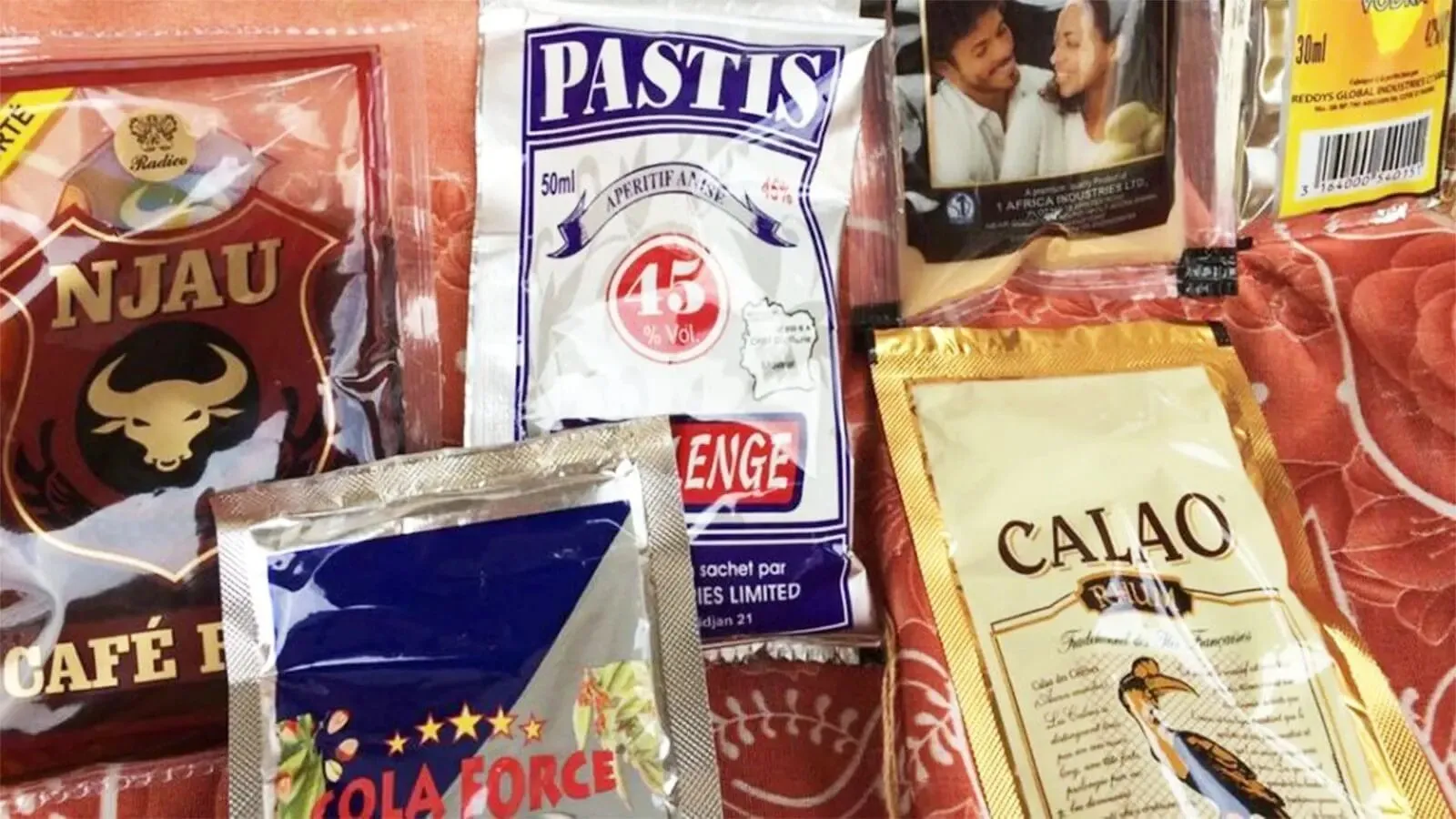Alcohol has long been a staple of Nigerian culture. Palm wine, a sappy juice made from the Raffia palm, was the drink of choice in most pre-colonial ceremonies.
Alongside this were home-grown liquors like “burukutu” and “pito,” made from cereals and fermented guinea corn, and popularly served in festivals across the north and central regions.
In time, enterprising brewers distilled palm wine into a potent spirit known as ogogoro in local parlance, which invariably became Nigeria’s first home-grown distilled liquor.
With an influx of European spirits following the arrival of the colonialists in the late 19th and early 20th centuries, drinking habits soon changed. Imported gin, whiskey and other liquors dominated social gatherings and rituals, more as status symbols than as a substitute for traditional brews.
By the mid-20th century, when industrial brewing took off, wines and bottled spirits were more favoured over traditional brews.
Yet it was the invention of the portable, disposable package that triggered a phenomenal shift.
Small, pocket-sized bottles came to replace the large bottles of yore. And soon afterwards, expensive liquors were packaged in sleek sachets in a bid to match the incomes of those long cut out from the big-bottled liquors.
Public-health studies across West Africa have since linked behavioural change with packaging formats.
Most brands leveraged this need for convenience and relative cost. These sachets exploded in popularity. With N100 you could buy one from the corner kiosk
Cheap single-serve alcohol encourages frequent drinking and ensures that minors can buy alcohol undetected.
This unregulated access, however, has only brought on a pile of woes for many. Hospitals report rising cases of alcohol-related emergencies, including liver damage, road crashes and domestic violence. .
And, though there are no comprehensive figures on national consumption owing to discrepancies in the tally of unrecorded brews, health experts agree that harmful drinking is on the rise. The victims are no other than young, low-income Nigerians, most of whom whet their alcoholic appetite with sachet liquor.
NAFDAC’s ban on sachet alcohol
This surge in harmful drinking lies behind NAFDAC’s recent decision to prohibit sales of alcoholic drinks packaged in sachets, PET bottles and small bottles below 200 ml by December 2025.
This is not the first time that these alcoholic types are facing a crackdown. In 2024, when NAFDAC first announced the phase-out, it met with fierce pushback, leading to its suspension.
The Manufacturers Association of Nigeria cited concerns about job loss, saying that over 500,000 workers could face retrenchment, with the economy losing more than N1.9 trillion in investment.
There is no evidence for these claims, however. Sachet and mini-bottle production is largely mechanised. In response, many groups have labelled them as a smokescreen that aims to prioritise greed over public health.
A rising health burden
Alcohol is linked to a number of ailments including diabetes. While moderate drinking poses no significant harm, binge drinking destabilises blood sugar, increases insulin resistance and accelerates organ damage.
With over 11 million Nigerian adults affected with diabetes, uncontrolled heavy drinking—fuelled by sachet alcohol—amplifies the risks. It raises the likelihood of blood-sugar swings, liver diseases and cardiovascular complications.
Public-health experts argue that the proposed ban will tilt consumption patterns to more regulated, less impulsive forms, ultimately lowering the health risks.
Nigeria’s recent action mirrors a broader pattern across Africa, where governments have enacted regulations against a product known to endanger public health.
Uganda established a national task force to eliminate sachets; Malawi outlawed them as far back as 2015 with results of behavioural changes among youths; Kenya banned them in the same year; and others like Cameroon and Tanzania followed with sweeping restrictions.
Nevertheless, alcohol dependence does not disappear with the disappearance of sachets; it requires treatment, counseling and social support. Enforcing a ban may restrict access but not kill dependence—without stronger mental-health services and rehabilitation programmes.
Summary not available at this time.






